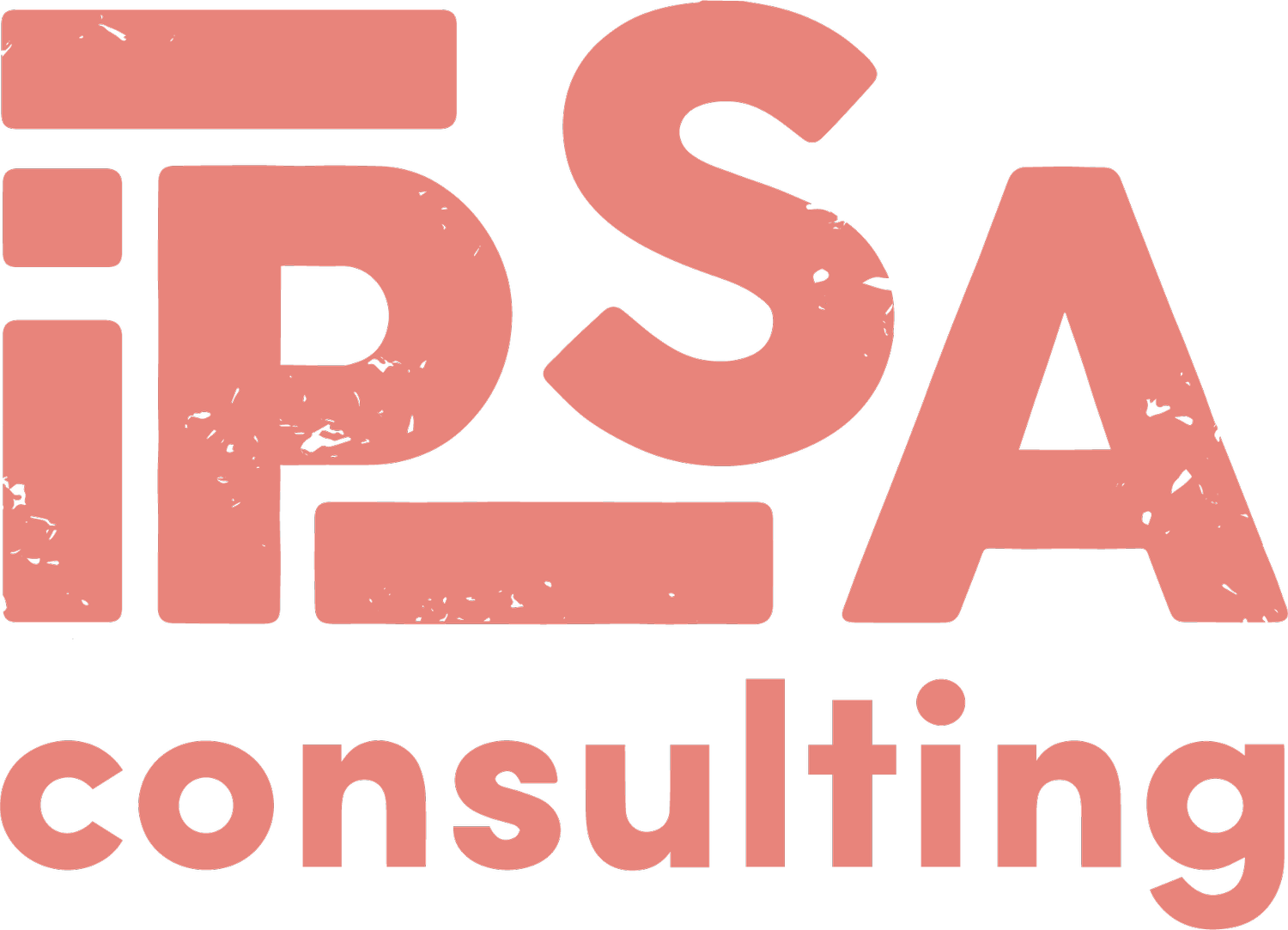Reframing Success: From Perpetuating Patriarchy to Inspiring Egalitarianism
Megan Seymour is a Virtual Assistant at Megan Mai Virtual Services. With a DipHE in psychology under her belt, she focuses her time on helping positive impact small business owners who are experiencing stress, overwhelm, and burnout by taking on the tasks that sap their valuable time and energy.
What is it to succeed? Specifically: What is it to succeed as a woman?
The answer will vary radically across individuals, countries, and cultures. However you define success, whatever your gender, the answer will likely be a product of conditioning from within a patriarchal system; Wealth, power, material items. Patriarchal societies are more susceptible to the prioritisation of traditionally “masculine” traits of power and dominance, which can be seen to create a dynamic where women are expected to fight to achieve success on these terms.
The Difference Between succinctly sums up some core differences between patriarchal and feminist standings:
At a basic level, a patriarchy can be viewed as a system of society or government in which men hold power and women are largely excluded from it; therefore, feminism centres on the advocacy for women’s rights on the grounds of the equality of the sexes.
A patriarchal society may overtly, or through systematic bias, regard males as superior and of having supreme power in political, social, and economic spheres, whereas feminism regards both sexes to have equal power.
Within a patriarchal society or culture, women are oppressed and disadvantaged. Feminism thus attempts to change the place of women in the traditional society.
A patriarchal society may perpetuate the violation of women’s rights, whereas feminism seeks to ensure that women’s rights are secured.
How can the UK be seen to perpetuate a patriarchy-serving culture?
The UK can be considered a distinctly patriarchal nation. Even throughout points in history where women have taken up positions of national power, ever-present were, and are, the threads meant to bind, constrain, and influence the decisions made by women, and the roles deigned to them - often only to face them with a glass cliff.
The modern feminist lens of success can be shifted to analyse: access to modern healthcare and family planning; parental leave inequalities; access to education; access to (and roles within) the workplace; and the distribution of unpaid labour — among a long list of other areas. Such complexities intertwine and severely hinder women’s ability not only to succeed, but to define their own success. Further to this, structural disadvantages are alarmingly present in the UK today throughout the justice system, the healthcare system, the voting system, the education system, recruitment processes — nigh-on any system you turn your eyes and ears to. Such structural inequities are deep-seated further within this historically patriarchal, heteronormative society with whitewashed societal norms for: Women of colour; women who live with neurodiversity; women who live with disability; and women who identify as part of the LGBTQIA+ community.
But how does this narrative intersect with the business space?
According to The Alison Rose Review of Female Entrepreneurship, “Female-led businesses are only 44% of the size of male-led businesses on average, in terms of their contribution to the economy, and male SMEs are five times more likely to scale up to £1million turnover than female SMEs.” The previously outlined disparities intersect here, forming a complex barrier to success that is only exacerbated by barriers to finance driven by patriarchal norms. The impact can be seen not only by women themselves, but throughout our communities and economy also. Businesses should consider how they define success, and how they can further uplift and empower women, allowing not only for a more sustainable and beneficial business structure for all, but a positive culture shift that extends to local communities also.
How can we redefine success through a modern feminist lens?
While there will never be a ‘one size fits all’ approach, each sector, business, and individual can choose to make active advancements in their company’s culture and positive impact by challenging and breaking down barriers to success - whatever that means to you. Not only will this foster greater individual successes for women and men alike, but will contribute to a society where everyone has an equitable opportunity to thrive.
Here at Ipsa Consulting, success to us means using our skills, platform, business model, and time to champion women. We do this through the companies we choose to work with, the internships we run, and the time and expertise we dedicate to women-led organisations and non-profits.
Here at Megan Mai Virtual Services, our successes are driven by the dedication of our skills and time to supporting positive impact business owners who are experiencing burnout and overwhelm as a result of a work culture that is far-removed from the lived experiences of the local community. Whether we help one person or one hundred people develop an attainable balance that allows them to live life and succeed on their own terms, we consider that a success.
Small seeds produce great fruits for everyone if only we lay robust and nurturing foundations for their roots to take hold.
Societal change begins with scaled, sustainable culture shifts. Want to revitalise the foundations of your business to foster the success of your female employees and customers? Book a discovery call with Cath today.
Are you a small business owner busy battling for the work-life balance that never seems to come to fruition? Get ready to delegate your work load and get your funk back at last - reach out to Megan here.
